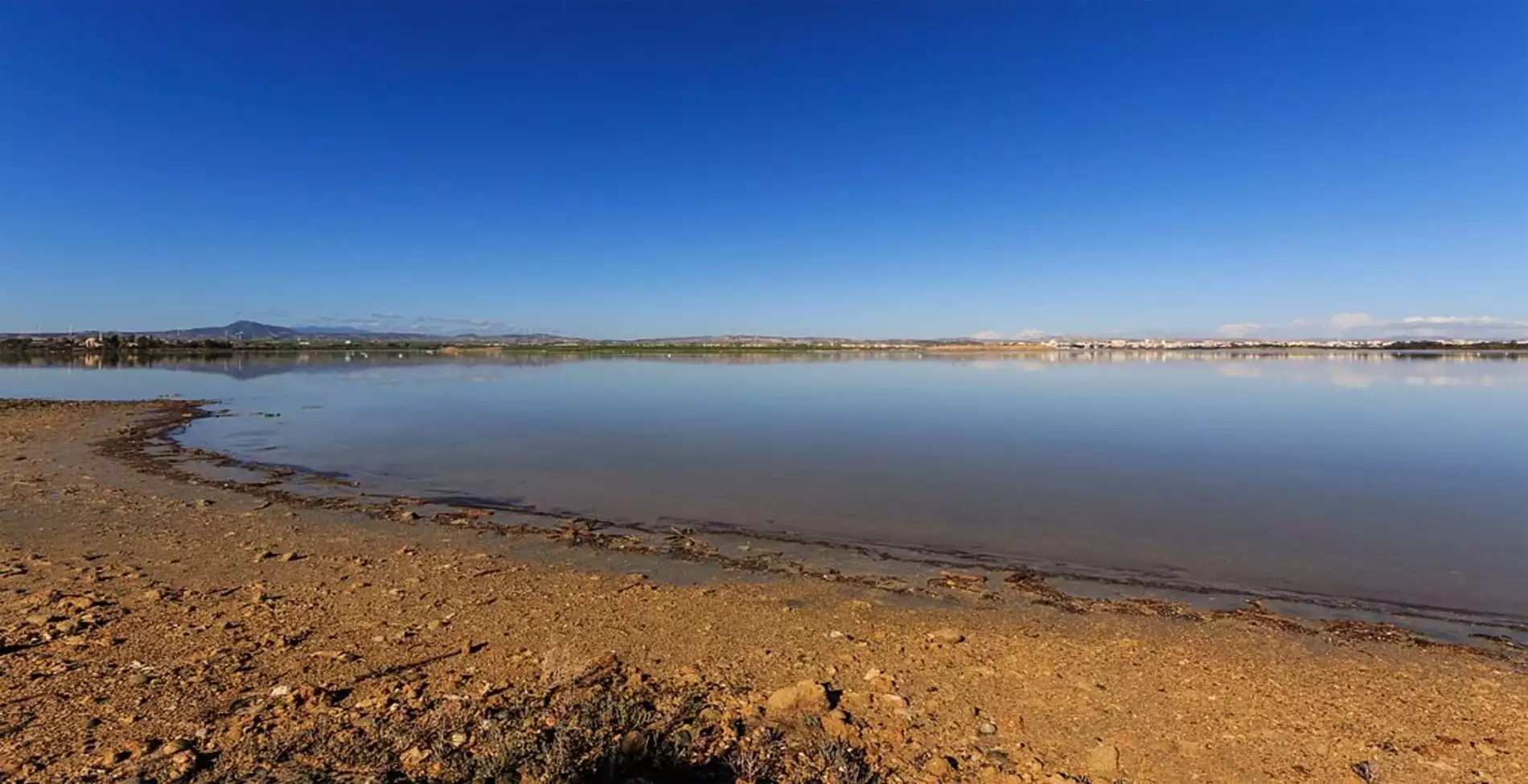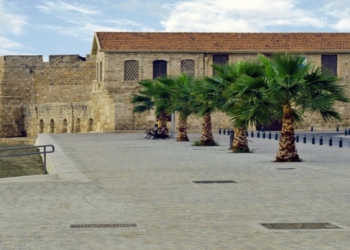If you have been to Cyprus once, you will surely have realized that it is, fortunately, a destination for all seasons of the year. Cyprus is the place you will choose for your summer holidays because of its unique beaches. Where you will take your spring walks in places of unique natural beauty. The place with the rich history that opens up in front of you, even if it’s autumn or winter.
Larnaca Salt Flats is the second largest in Cyprus
So one of those places you should see when you go to Cyprus is Aliki (Salt Flats) of Larnaca. Located southwest of the city of Larnaca and east of the villages of Meneos and Dromolaxia, it is the second-largest salt flat in Cyprus with an area of 2.2 square kilometres. It has been declared a protected area by the Ramsar Treaty and the NATURA 2000 Network and when you get there you can easily see why. It is of no coincidence that it is one of the most important habitats in Europe for aquatic birds.
The whole region, just like Cyprus, in general, is of rare beauty. One of those places that stand out in Cyprus. If you’re a naturalist and you like walking, this place will enchant you. Search for the natural path that is 4 km long and which leads to the old Aqueduct of Kamares. Throughout the tour, you will learn a lot about the flora of the area and how many animals live here. Sit on one of the benches on the route and enjoy nature and tranquillity.
If you find yourself in Aliki in winter, you will see a rich sight as the lake fills with water and hosts migratory birds. The most impressive are the thousands of flamingos that stay there between November and March. Wild ducks and other aquatic and wetland-tied, also find shelter in the lake until they continue their migratory journey. When flamingos and other aquatic birds cannot find food, they leave the salt lake to continue their journey to Cape Lake in Limassol or south to Africa.
What the legend says about Aliki
According to the legend, there is a special story about the saltiness of this lake that Cyprus has. Saint Lazarus asked an elderly woman to give him food and drink, but she refused. She even claimed that her vines had dried up. Saint Lazarus then replied to her “may your vines be dry and become a salt forever”. The scientific version now, says that saltwater penetrates the porous rocks between the lake and the sea, thus making the water very salty.
In the Middle Ages, salt was so abundant that it became one of the main export products of Cyprus. The harvesting and sale of salt were strictly controlled and taxed. The last salt harvest was in 1986.
External photography source: © A.Savin, WikiCommons
Cyprus: An ideal escape from Athens for the weekend





